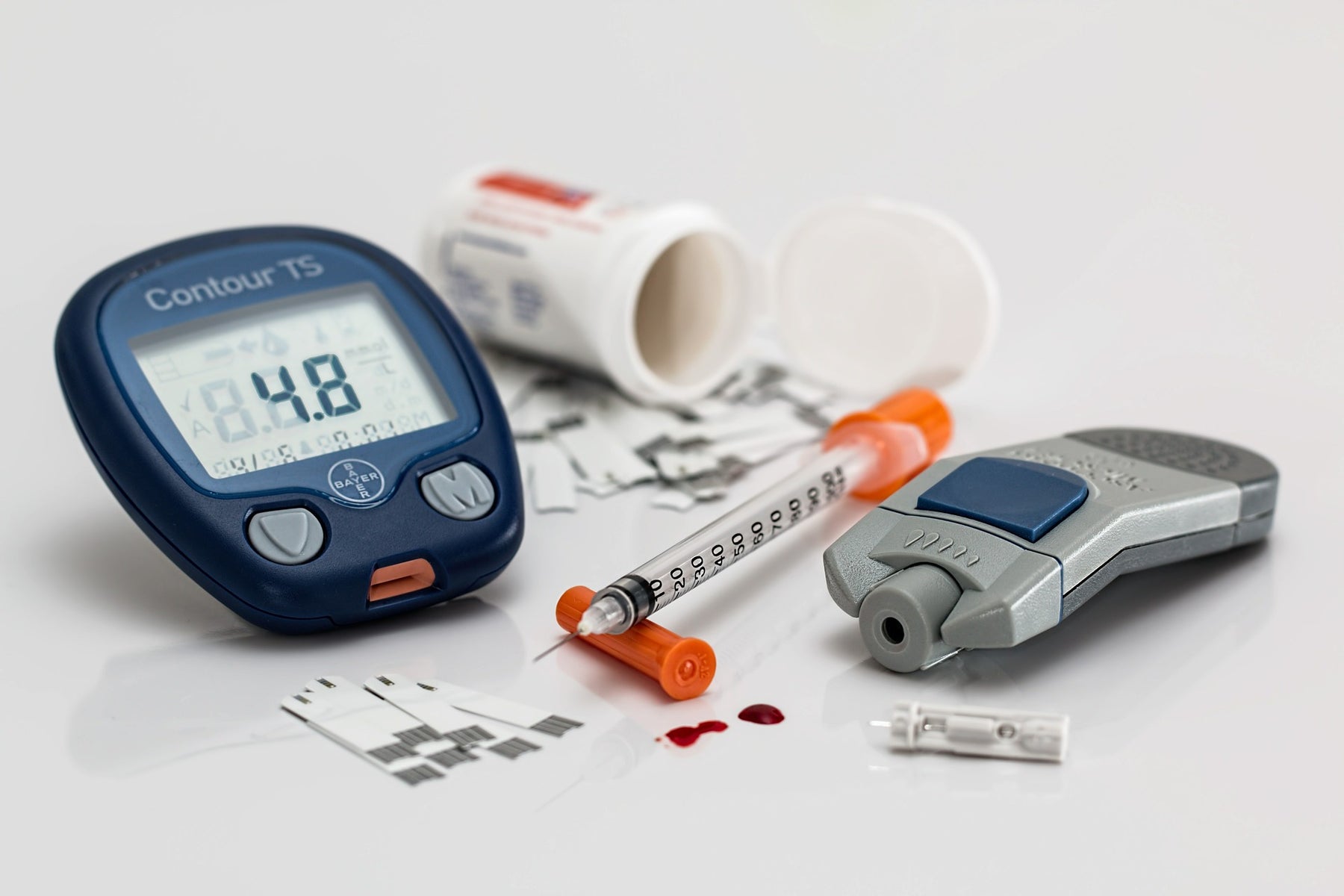
How the Sun Can Help Improve Blood Sugar
Most of you know just how hard it is to improve blood sugar.
Poor blood sugar management is creating all kinds of health conditions here in the U.S.
In most cases it’s likely because people can’t ditch the sugary drinks and treats we love so much.
That’s why physicians and doctors and scientists alike are constantly searching for ways to help people improve their blood sugar. My favorite natural way to help improve blood sugar is obviously berberine.
However, it’s nice to see that the sun (yes, the one that sits high in the sky) might be able to help us in our fight to improve blood sugar..
Don’t misunderstand me and hear the sun can cure blood sugar issues. That’s simply not the case.
But, the sun and the UV rays it generates...and that we turn into vitamin D in our body, could help fight the advancement of severe health issues and improve your blood sugar.
Previous studies have shown a possible connection between low vitamin D levels and a higher risk of blood sugar related health issues.
That’s why researchers have spent 1,000s of hours learning more about how vitamin D will help keep blood sugar stable.
In their studies, researchers found that vitamin D contains a compound known as iBRD9.
And iBRD9 increases the activity of vitamin D receptors in the body when bound to vitamin D molecules...which can help improve blood sugar.
In studies on mice, researchers reduced glucose levels down into the healthy range when exposing them to higher levels of vitamin D.
This is encouraging news for both doctors and patients suffering from blood sugar fluctuations. According to Medical News Today:
“This study started out by looking at the role of vitamin D in beta cells,” says first study author Zong Wei. “Epidemiological studies in patients,” he reports, “have suggested a correlation between high vitamin D concentrations in the blood and a lower [blood sugar], but the underlying mechanism was not well understood.”
He continues, “It’s been hard to protect beta cells with the vitamin alone. We now have some ideas about how we might be able to take advantage of this connection.”
The researchers made a discovery of how vitamin D may be able to protect beta cells. This can be done through transcription – the way genes decode to produce proteins.
According to the research, the introduction of iBRD9 made genes that have a protective effect to transcribe at higher rates. This protects the beta cells even further.
According to Medical News Today:
“Activating the vitamin D receptor,” notes co-corresponding study author Michael Downes, “can trigger the anti-inflammatory function of genes to help cells survive under stressed conditions.”
“By using a screening system that we developed in the lab, we’ve been able to identify an important piece of that puzzle that allows for super-activation of the vitamin D pathway.”
Again, you can’t necessarily cure anything with extra vitamin D from the sun.
But, it would seem that sunlight could certainly help maintain blood sugar levels.
Can’t get enough sun to reach the right vitamin D levels?
Consider picking some up from our online store.




